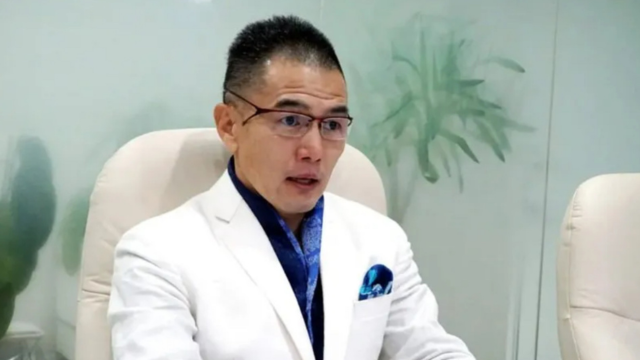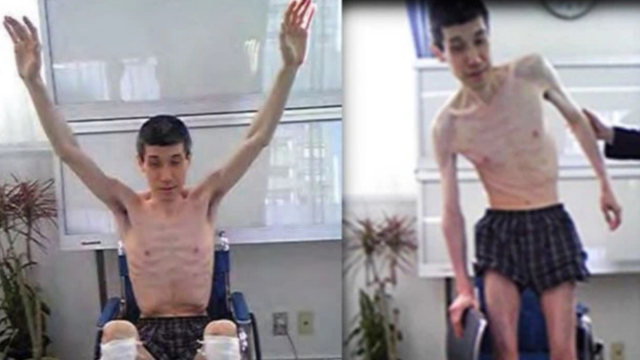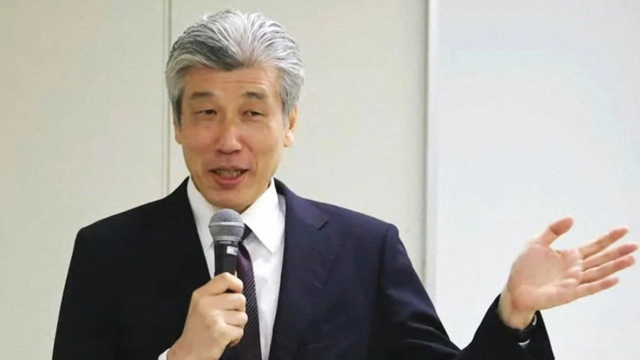A conversation with Attorney Tatsuki Nakayama on the Goto vs. Suzuki scandalous appeal verdict.
by Massimo Introvigne

It’s a humid afternoon in Tokyo, and attorney Tatsuki Nakayama, whose voice carries the weight of a long legal battle, talks to “Bitter Winter” via Zoom. He’s the lawyer representing Toru Goto, a member of the Family Federation (formerly the Unification Church), in a defamation case against anti-cult journalist Eight Suzuki. The case, which began with a modest damages award in January after Goto’s first-degree victory, took a dramatic turn in August when the Tokyo High Court reversed the lower court’s ruling. Nakayama is composed, but his words are edged with concern.
Q: Attorney Nakayama, let’s start with the basics. What is this case really about?
A: It’s about justice for Toru Goto. He was abducted by his brother and other family members, acting under the guidance of deprogrammer Takashi Miyamura. He was held captive for twelve and a half years. That’s not hyperbole—it’s documented. Goto sued the perpetrators and won a landmark Supreme Court ruling in 2015. That decision effectively ended fifty years of deprogramming in Japan.
Q: And then came Eight Suzuki.
A: Yes. Suzuki gained notoriety after the Abe assassination in 2022, promoting anti-cult rhetoric. He publicly referred to Goto as a “hikikomori”—a term implying voluntary social withdrawal. That characterization was not only false, it was defamatory. Goto didn’t choose isolation; he was forcibly confined. The Tokyo District Court agreed and ordered Suzuki to pay 110,000 yen in damages.
Q: But the High Court overturned that ruling in August.
A: Entirely. The Tokyo High Court accepted testimony from the very perpetrators of the confinement—testimony that had already been dismissed as unreliable in the original Goto case. They claimed that the locks were sometimes left open, implying Goto could have left. Based on that, the court concluded there was a reasonable basis to believe he was a hikikomori.
Q: That seems to contradict the Supreme Court ruling.
A: It does. The High Court stated it wasn’t bound by the factual findings of the Goto case because the parties were different. But it acknowledged the illegality of the confinement while simultaneously suggesting Goto voluntarily secluded himself. That’s a contradiction. If the confinement was illegal, then Goto was secluded. If he was not secluded, then there was no illegal confinement. The ruling commits a logical fallacy.

Q: I read the opinion submitted by Professor Kenta Yamada, a respected legal scholar, on behalf of Suzuki’s defense. He argues that journalists must be free to criticize court verdicts. I agree with that principle. But surely this case wasn’t about criticizing a verdict—it was about defaming a person.
A: Precisely. Criticism of judgments is permissible. That was never the issue. The question was whether Suzuki’s statements defamed Goto. Calling a victim of confinement a recluse lowers his social standing. The High Court even acknowledged that. But then it rescued Suzuki by accepting the hikikomori claim through a rather crude method—relying on old, rejected testimony without any new evidence.
Q: That raises concerns about legal stability.
A: Absolutely. The Goto case was contested for four and a half years across three levels of court. It became final and binding in 2015. To now accept as true the very claims that were rejected—without new evidence—is arbitrary. It undermines the integrity of the legal system. Imagine a rape case where a woman wins a civil suit establishing lack of consent. Decades later, a man’s claim of consent is accepted in a separate trial, contradicting the first finding and ridiculing her chastity. That’s the kind of instability we’re facing.
Q: You’ve described the ruling as ominous. Why?
A: Because it suggests a judicial unwillingness to grant favorable judgments to the Family Federation. The same Tokyo High Court is currently handling the dissolution suit against the organization. This ruling sets a troubling precedent.

Q: Will Goto appeal?
A: Yes. He plans to appeal to the Supreme Court, arguing that the High Court violated precedent and even violated empirical rules of thumb in its factfinding. These rules are essential for maintaining consistency and fairness. The outcome of the appeal may take a year, but we remain committed. It’s important that the truth doesn’t get lost in the noise. In a country where legal nuance often collides with social stigma, the Goto case is more than a courtroom drama—it’s a test of whether justice can survive the weight of ideology.

Massimo Introvigne (born June 14, 1955 in Rome) is an Italian sociologist of religions. He is the founder and managing director of the Center for Studies on New Religions (CESNUR), an international network of scholars who study new religious movements. Introvigne is the author of some 70 books and more than 100 articles in the field of sociology of religion. He was the main author of the Enciclopedia delle religioni in Italia (Encyclopedia of Religions in Italy). He is a member of the editorial board for the Interdisciplinary Journal of Research on Religion and of the executive board of University of California Press’ Nova Religio. From January 5 to December 31, 2011, he has served as the “Representative on combating racism, xenophobia and discrimination, with a special focus on discrimination against Christians and members of other religions” of the Organization for Security and Co-operation in Europe (OSCE). From 2012 to 2015 he served as chairperson of the Observatory of Religious Liberty, instituted by the Italian Ministry of Foreign Affairs in order to monitor problems of religious liberty on a worldwide scale.



